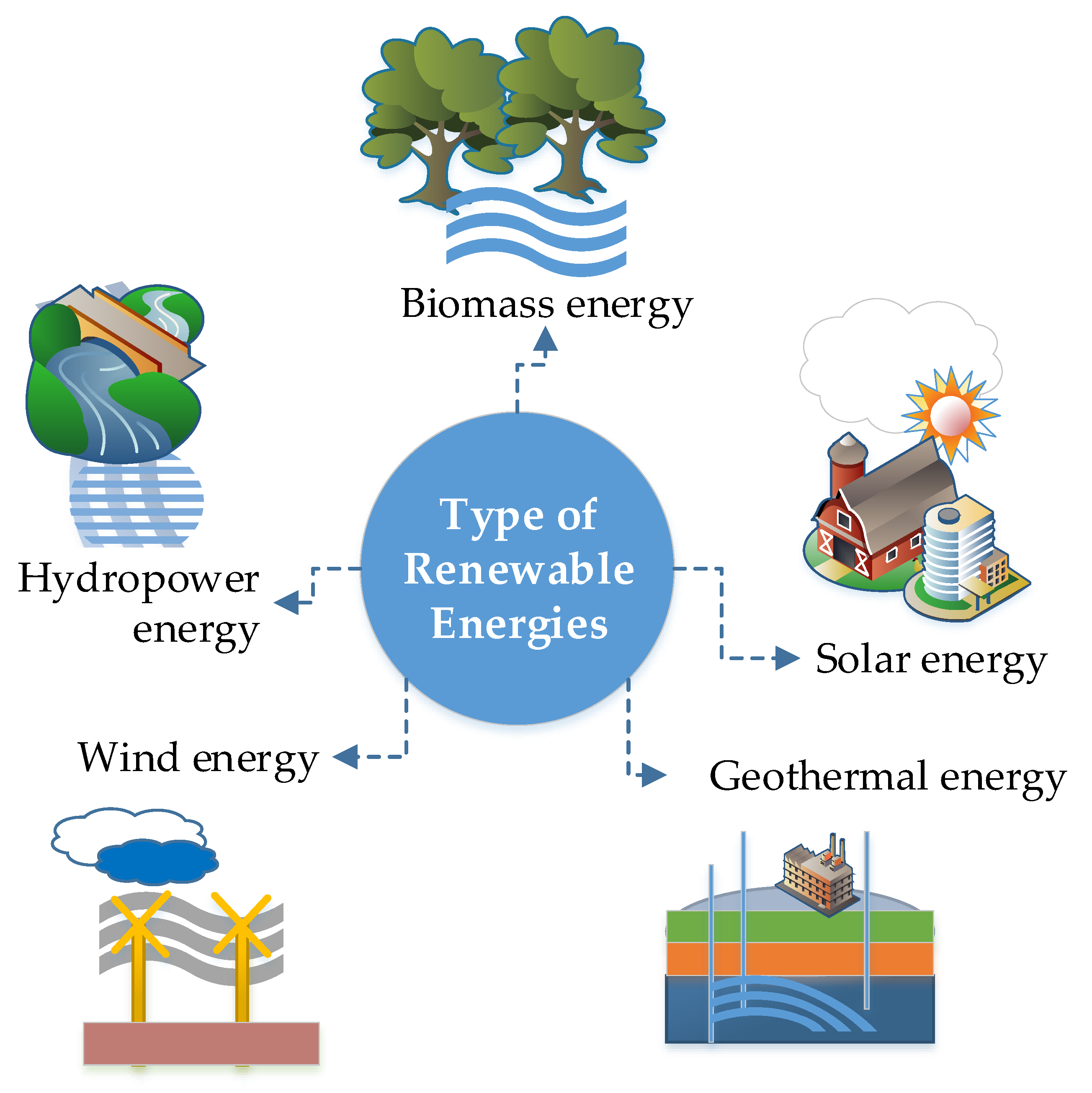The shift towards renewable energy sources is a crucial aspect of combating climate change and promoting sustainability. In 2024, as the world increasingly recognizes the importance of clean energy, exploring and understanding renewable energy sources has become more important than ever. This blog post aims to provide an overview of various renewable energy sources, their benefits, and how they are shaping the future of energy consumption.
The Future of Energy: Clean and Renewable
Renewable energy sources are key to a sustainable future, offering environmentally friendly alternatives to fossil fuels.
1. Solar Energy
- Solar Power Basics: Understand how solar panels work and the benefits of harnessing solar energy.
- Solar Energy in Homes: Explore how homeowners can implement solar energy solutions, from rooftop panels to solar water heaters.
2. Wind Energy
- Wind Turbines: Learn about the technology behind wind turbines and how they convert wind energy into electricity.
- Wind Farms: Discuss the role of wind farms in energy production and their impact on the environment.
3. Hydropower
- Water-Powered Energy: Understand how hydropower plants use water flow to generate electricity.
- Small-Scale Hydropower: Explore the potential for small-scale hydropower systems in local communities.
4. Geothermal Energy
- Earth’s Heat as Energy: Learn about geothermal energy and how it harnesses the Earth’s heat for power and heating.
- Geothermal Systems: Discuss the applications of geothermal systems in both residential and industrial settings.
5. Biomass Energy
- Organic Material for Power: Understand how biomass energy is produced from organic materials like plant and animal waste.
- Sustainability of Biomass: Explore the sustainability aspects and challenges of biomass as a renewable energy source.
6. Emerging Technologies
- Innovations in Renewable Energy: Highlight emerging technologies and innovations in the renewable energy sector.
- Research and Development: Discuss the importance of ongoing research and development in finding efficient and sustainable energy solutions.
7. Economic and Environmental Impact
- Cost-Effectiveness: Analyze the economic benefits and cost-effectiveness of transitioning to renewable energy sources.
- Reducing Carbon Footprint: Understand how renewable energy contributes to reducing the global carbon footprint and combating climate change.
8. Government Policies and Incentives
- Support for Renewable Energy: Discuss the role of government policies and incentives in promoting renewable energy adoption.
- Global Initiatives: Highlight global initiatives and agreements aimed at increasing the use of renewable energy sources.
Renewable energy sources are essential for a sustainable and environmentally friendly future. In 2024, understanding and embracing these sources is not just a choice but a necessity for the health of our planet. By exploring and investing in renewable energy, we can collectively work towards a cleaner, more sustainable world for future generations.

